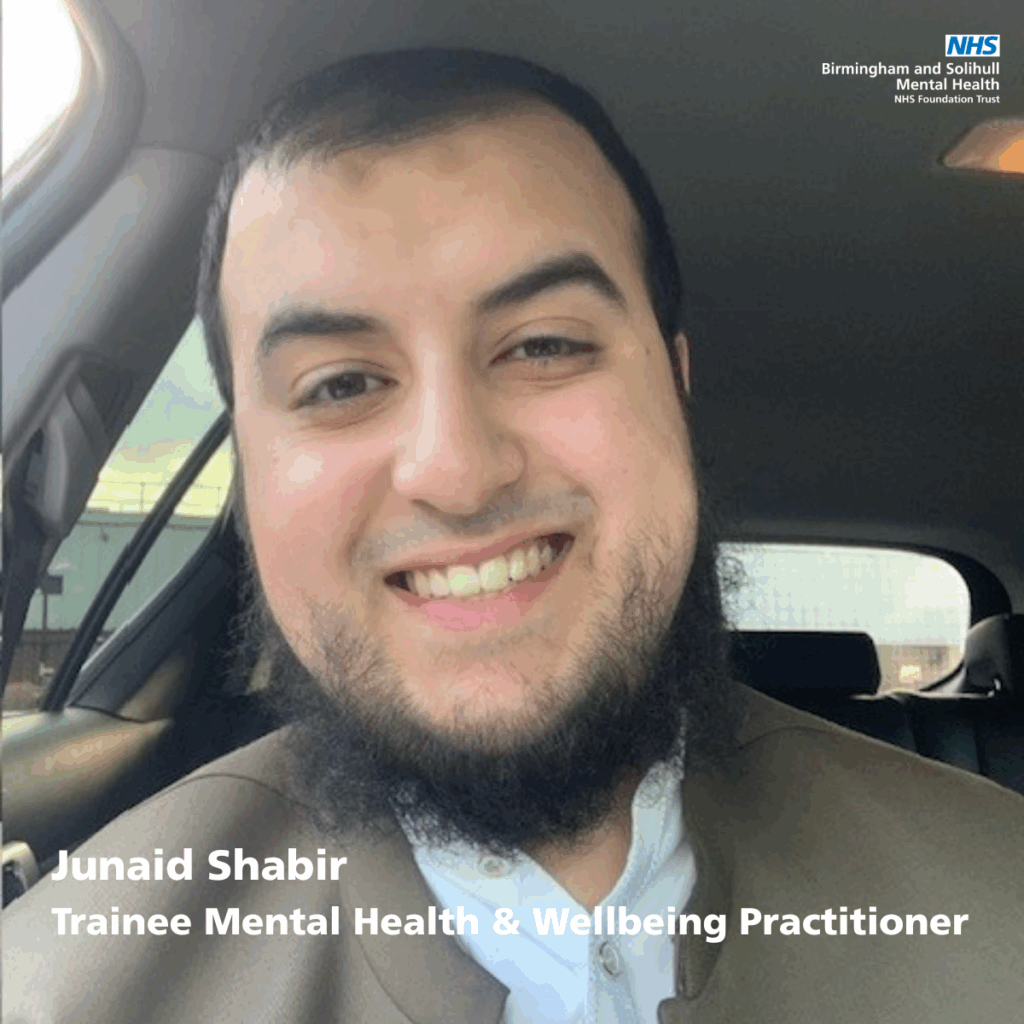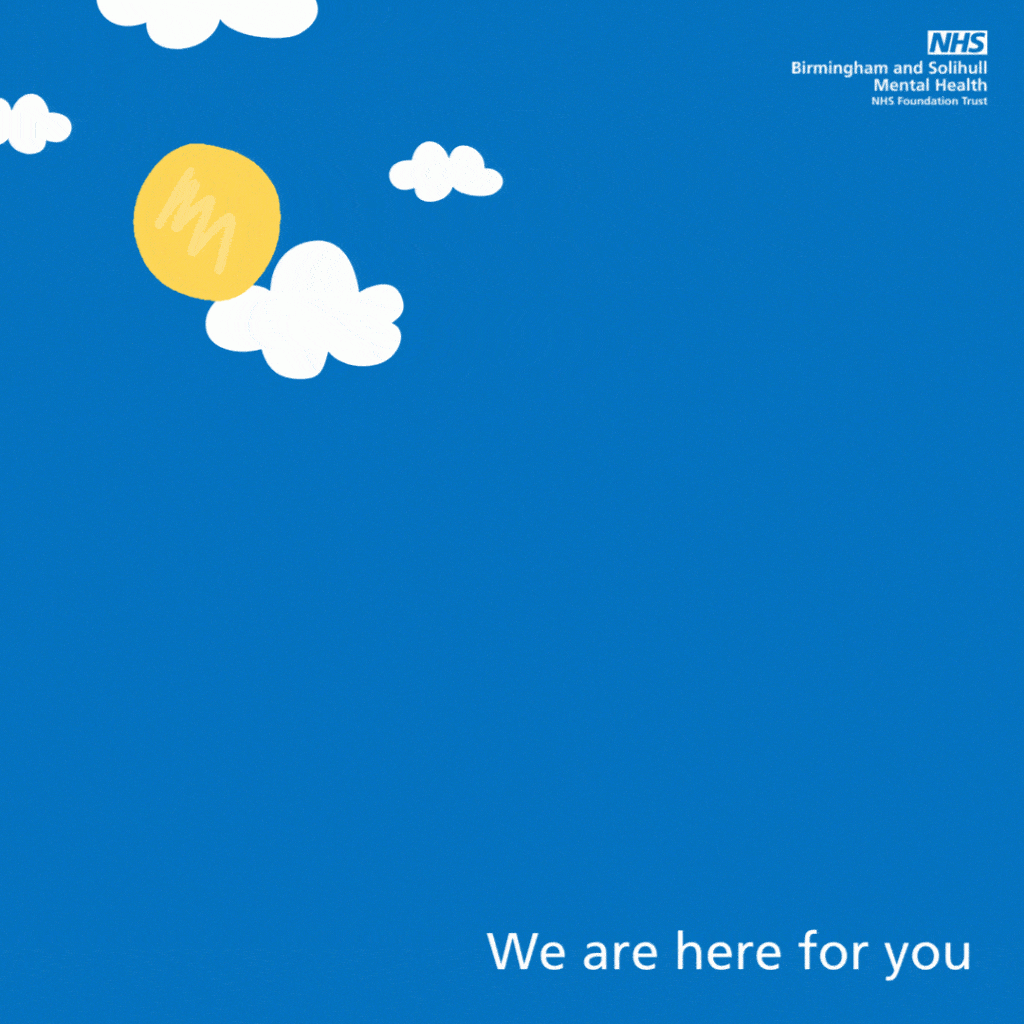Two Trainee Nursing Associates separately contacted Emma Randle, Freedom to Speak Up Guardian at our Trust, because they were worried that they were expected to perform procedures which they were not qualified to do.
The trainees occasionally worked as bank staff. There was a disconnect between what was expected of them as bank staff and what was permitted by their university as trainees. They were uncomfortable being unsupervised undertaking Level 3 one-to-one therapeutic observations which are required for extremely vulnerable patients with complex needs. Level 3 is used where there is concerns that the patient could harm themselves or others and means they must be within eyesight of staff and accessible at all times, day and night.
The trainees were worried that something might go wrong, because they were taught that they were not yet qualified to conduct these observations unsupervised. Yet, they were expected to when employed as bank staff.
The students came from separate wards and had both raised this issue with their Ward Managers, who responded that ‘this is how it’s always been done’. Worried about the potential risk to patient safety, the trainees approached Emma as the Freedom to Speak Up Guardian.
Emma discovered that the Trust’s Supportive Observations Policy was difficult to interpret as there was no reference made to Trainee Nursing Associates or Registered Nurse Degree Apprenticeship students when they were employed as bank staff. She raised the issue with the Chief Nurse and Freedom to Speak Up Lead, Steve Forsyth, who requested a review of the policy. Following this, changes were made, recognising that there should be standardised guidance for all nursing roles across all directorates.
This reassured the trainees who now have clear guidance around conducting observations.
Emma said:
The trainees who raised their concerns created a safer environment for patients by speaking up. I encourage trainees and students to speak up as they are a fresh pair of eyes on the service and systems. Statistically within the first two years of a healthcare career, workers are most likely to speak up. I make a particular effort to be present at student nurses’ inductions and regularly walking the floor to ensure I am visible on wards I encourage everyone to be inquisitive, curious and questioning.”

Published: 13 March 2024









